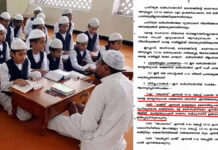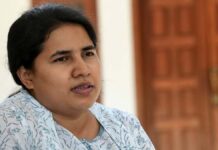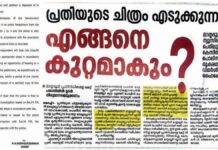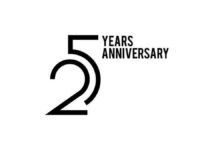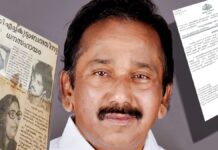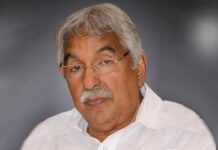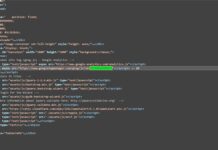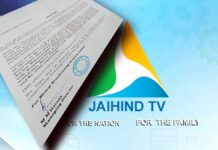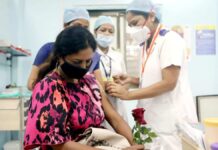What is Quality Education?
Learning benefits every human being and should be available to all. Education liberates the intellect. It unlocks the imagination. It is fundamental for self-respect. It is the key to prosperity. It opens a world of opportunities, making it possible for each of us to contribute to a progressive, healthy society.
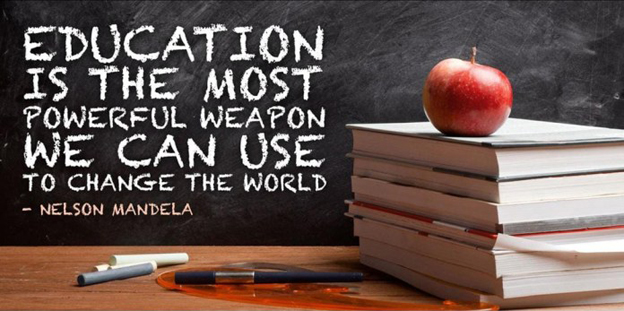
Education must be available and accessible but also acceptable and adaptable. The right to education is not only the right to access education but also the right to receive an education of good quality.
A good quality education is one that provides all learners with certain capabilities. Those who receive the quality education require to become economically productive, develop sustainable livelihoods and contribute to peaceful and democratic societies. It also should enhance individual well-being. Quality education is a dynamic concept. It evolves with time and is subject to social, economic and environmental conditions.
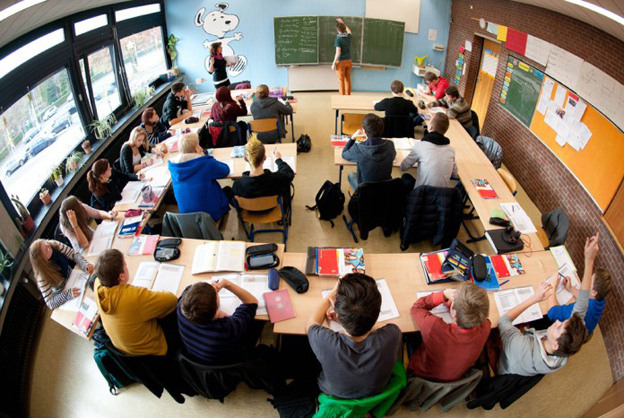
Capacity development to improve the quality of teachers and other education stakeholders is crucial throughout this process. The learning outcomes that are required vary according to context. The basic education cycle must include threshold levels of literacy and numeracy, basic scientific knowledge and life skills including awareness and prevention of disease.
6 Crucial Dimensions
Quality education is a crucial factor in combating poverty and inequality in society. Education leads to empowerment: a process of strengthening individuals, organisations and communities so they get more control over their own situations and environments. In quality education, there are 6 dimensions that all interventions need to meet.
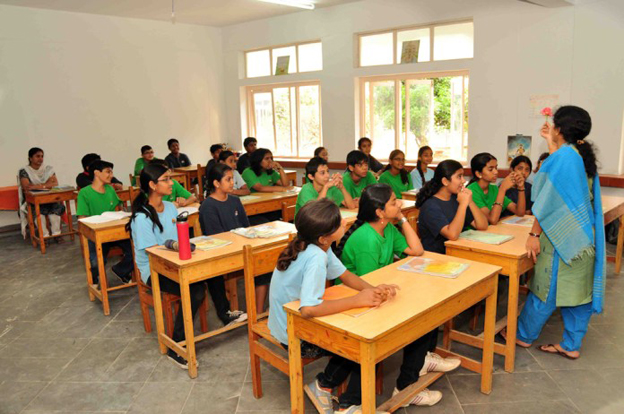
Equity
Equity is the concept of providing education to “all learners”. This refers to non-discrimination. Equity in education means that personal and social circumstances such as gender, ethnic origin or family background are not obstacles to achieving educational potential. All individuals should reach at least a basic minimum level of skills. The quality education can only be achieved if equity, and particularly gender equity, is achieved within the education system.
Adaptation
Quality education cannot be based on a blueprint that is applicable in all situations. Solutions and adaptations of education systems must be based on the real needs of a country or community.
Being Child-friendly
Quality Education requires children’s active participation. Quality education puts the child in the centre and helps it to reach his or her full potential.
Sustainability
By enhancing the capacities of local education authorities, the institutionalisation of the necessary processes can be attained. Educational change processes often need time to be realised.
Approach
Quality education aims at developing a balanced set of capabilities of children. They require to become economically productive, develop sustainable livelihoods, contribute to peaceful and democratic societies and enhance individual well-being.
Outcome
Quality education requires a results-oriented approach. After completing a certain level of education, children must have developed a minimum standard of skills.
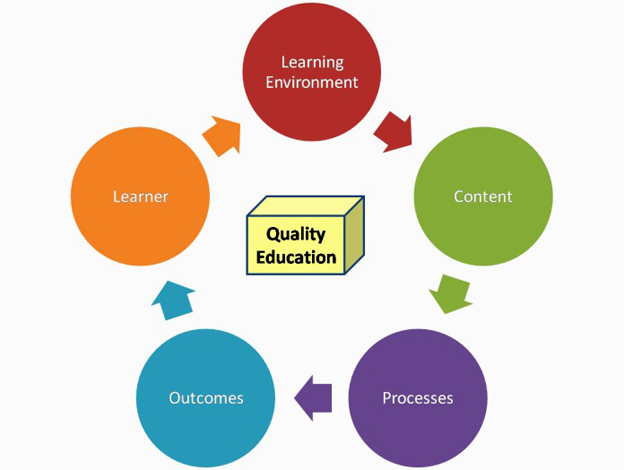
In short, quality education includes:
- Learners who are healthy, well-nourished and ready to participate and learn, and supported in learning by their families and communities.
- Environments that are healthy, safe, protective and gender-sensitive, and provide adequate resources and facilities.
- Content that is reflected in relevant curricula and materials for the acquisition of basic skills, especially in the areas of literacy, numeracy and skills for life, and knowledge in such areas as gender, health, nutrition, HIV/AIDS prevention and peace.
- Processes through which trained teachers use child-centred teaching approaches in well-managed classrooms and schools and skilful assessment to facilitate learning and reduce disparities.
- Outcomes that encompass knowledge, skills and attitudes, and are linked to national goals for education and positive participation in society.
with inputs from Defining Quality in Education -UNICEF Working Paper

